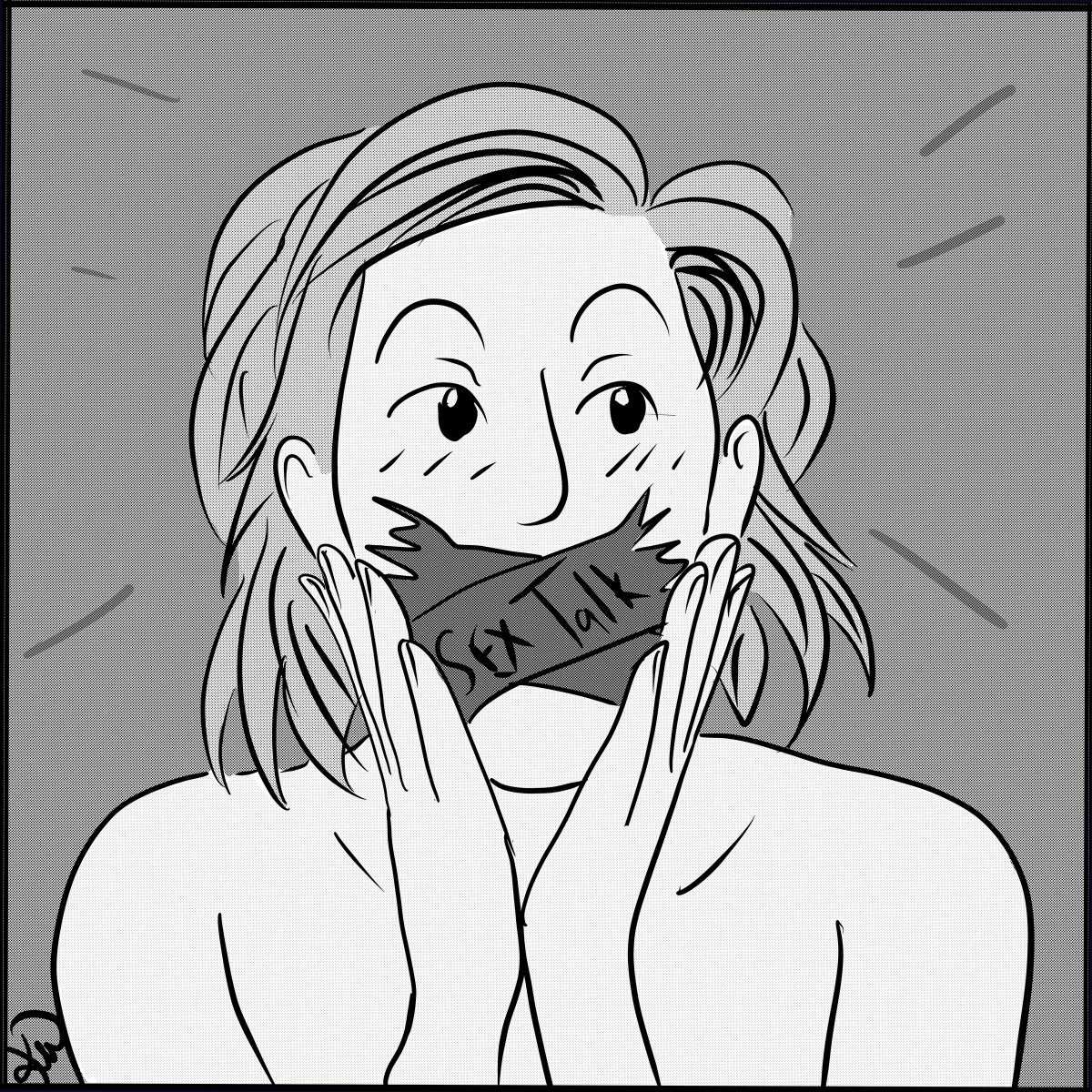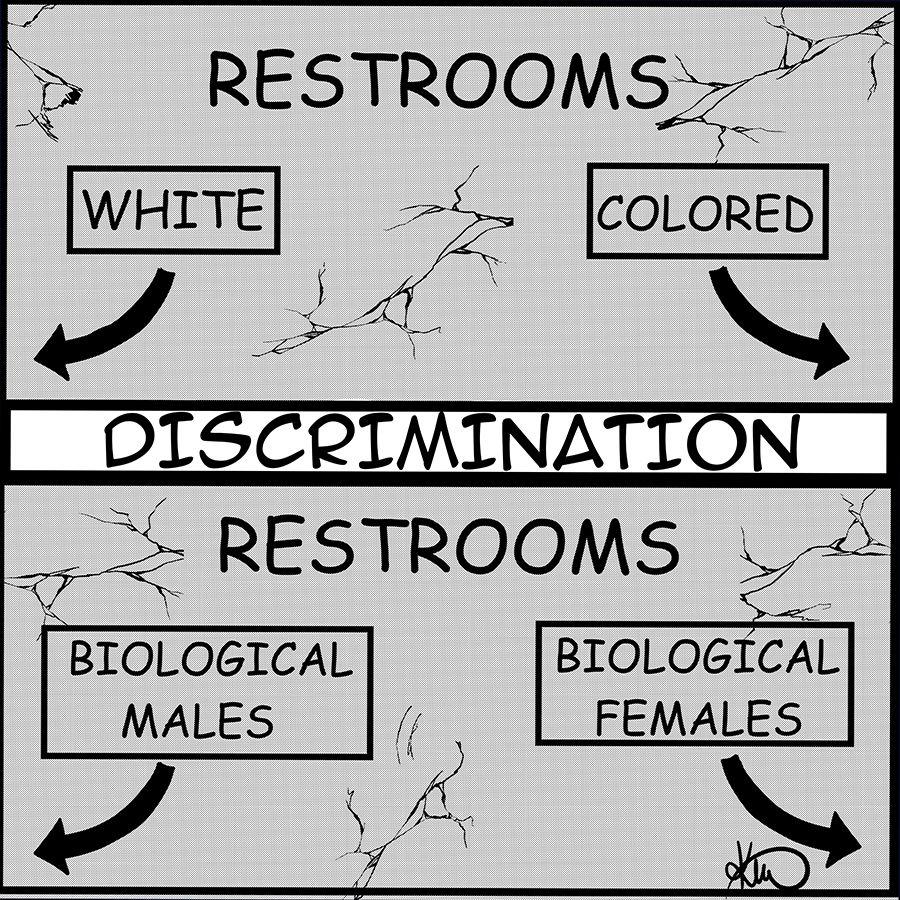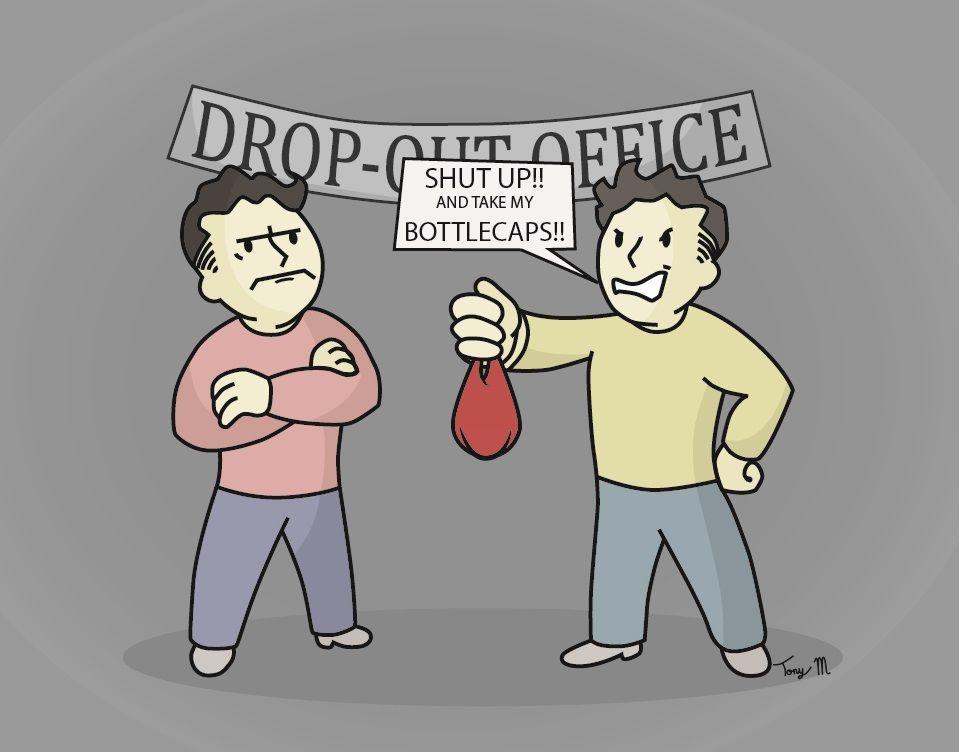Most poignant to me during our Opinion section meeting while assigning topics for last week’s sex issue was the general uneasiness that the idea of writing about sex seemed to summon. Several of us expressed the concern that “my family reads this,” or other reservations, such as the fact that just having opinions about sex out for the world to read is scary because it’s a topic that can’t be broached when in “polite company.”
Sex talk, in my experience, has never been an awkward topic among friends. I’ve made more “that’s what she said” jokes than Michael Scott did in 10 seasons of “The Office,” and I’ve spent many a night curled up on the couch, drinking wine and laughing about the crazy stories and realities that sex in college entails. However, even among people you feel comfortable talking about these issues with, anxiety surrounding sex still takes on an insidious form.
In my experience, sexual judgment among women is a method to undercut one another. The stigma surrounding sex is an extraordinarily complex phenomenon in female circles — it’s not awkward to talk about necessarily. Instead, the underlying attitudes about female sexuality are uncomfortable on a different level because they are harsh and carry the weight of generations of imposed ideals.
The discussion is rarely uncomfortable, but the judgment always is. Ever since the precocious years of middle school, hand-holding and first kisses were analyzed and picked apart, and of course through maturity and into college, sex underwent a similar treatment. If a woman is too much of a prude, she is teased and laughed at; if she has too much sex with too many people, she’s inevitably a “slut,” and, yes, while the stories of her many “sexcapades” are certainly entertaining, she often becomes more of the butt of a joke than a respected peer.
Regarding this social minefield that sexuality often is among women, Tracy Moore in the 2013 Jezebel article states, “It’s that I don’t think it’s about sex. I think it’s about power. And I think it’s a symptom of any group that is routinely denied power, or reduced culturally to having only one kind that matters, such as sexual power, and that, furthermore, is conditioned to never express anger or physical aggression, to come up with more indirect ways to express these human things.”
Female sexuality certainly remains taboo — not because of the act itself, but because it is a cruel pawn in a larger social power dynamic.
The power behind sexuality makes it a topic of anxiety. This power causes outspoken people to not want to write about it, and civilized and principled individuals to turn into vicious, judgmental wolves when they have the opportunity to levy this power against someone else.
Sex talk is often shushed, monitored or shamed because it offends people, not because it’s awkward, but because sex is very present and it’s such a huge part of who we are that it carries enormous power and weight. For this reason, I’m glad we dedicated an entire issue of our school newspaper to it, because vocalizing and normalizing the fact that sex is a huge part of the human experience will reduce the level of anxiety that sexuality stirs up in our culture.


















